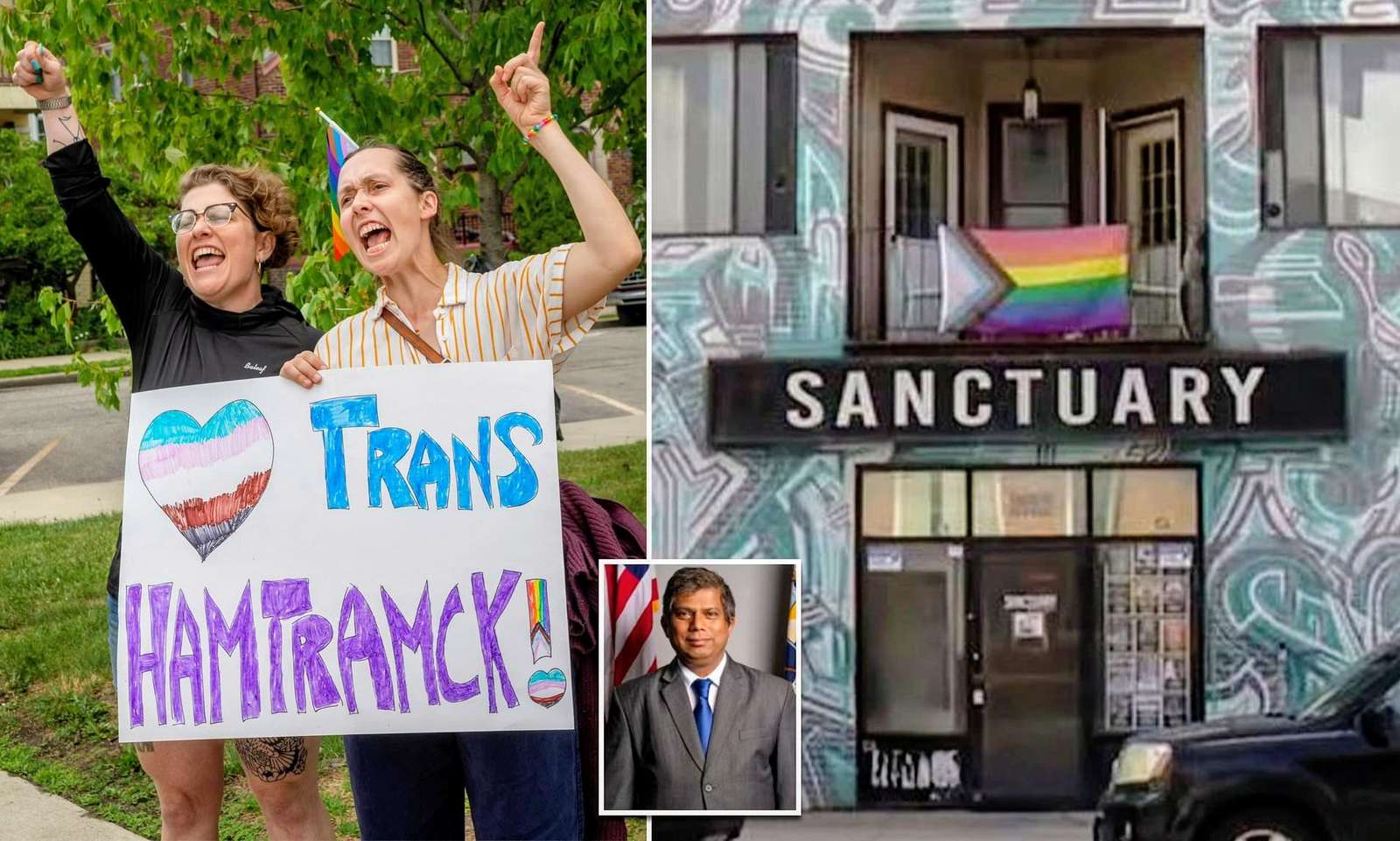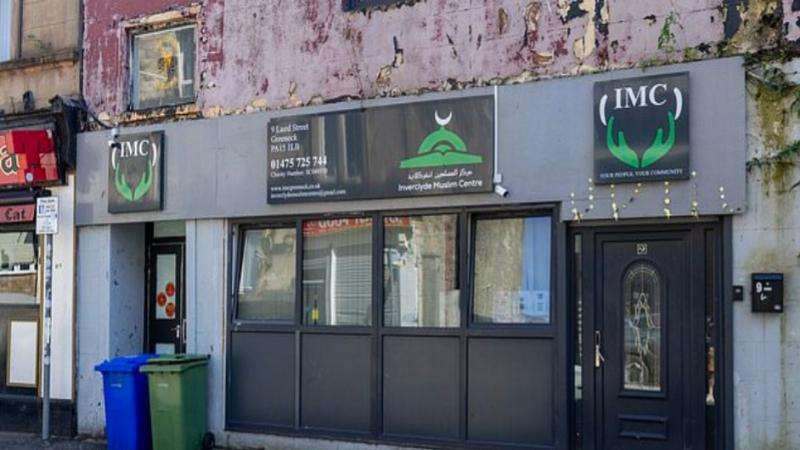A foiled terror plot against Inverclyde Muslim Centre highlights the resilience and unity of the Muslim community in Greenock. This in-depth report details the attempted attack, the community's response, and ongoing support for the mosqueThe community of Greenock has demonstrated overwhelming solidarity and support for the Inverclyde Muslim Centre following the revelation of a disturbing plot to set fire to the mosque and harm its worshippers. A 17-year-old, who cannot be named due to legal reasons, recently pleaded guilty to terrorism charges at the High Court in Glasgow, admitting his intentions to commit mass murder at the very heart of Greenock's Muslim community.
The foiled attack, which came to light after the teenager's arrest in January, revealed a sinister plan to infiltrate the mosque, gain the trust of its members, and then unleash a horrific act of violence. The court heard that the boy, who is autistic and had been radicalized online since the age of 13, held extremist views, believing in a "race war" and harboring sympathies for the Nazi party. His chilling intentions included using an airgun to trap worshippers inside the mosque before setting it ablaze with aerosol cans and lighters.
However, the resilience and open-heartedness of the Inverclyde Muslim Centre and its Imam inadvertently played a crucial role in the unmasking of this plot. The teenager had actively engaged with the mosque, expressing a desire to convert to Islam, and was welcomed into the community. He was provided with Islamic reading materials and even participated in prayers with the congregation. The court heard that he was "trusted to be left alone in the centre," allowing him to take videos and plan his heinous act. This act of welcoming and trust, extended by the mosque in good faith, ultimately provided the intelligence crucial for law enforcement to intervene.
Police, acting on vital intelligence, arrested the boy on the morning of January 23 outside the Inverclyde Muslim Centre. He was found carrying a rucksack containing a German-manufactured air pistol, ammunition, ball bearings, gas cartridges, and aerosol cans. A subsequent search of his home uncovered further disturbing materials, including Adolf Hitler's "Mein Kampf," airsoft weapons, knives, and instructions for making explosives, alongside a copy of the Quran.
While the details of the plot are deeply unsettling, the overwhelming response from the wider community has been one of unwavering support for the Inverclyde Muslim Centre. Local interfaith groups, community leaders, and residents have expressed their condemnation of the planned attack and reaffirmed their commitment to religious harmony and inclusion. Messages of solidarity have poured in, emphasizing that such acts of hatred do not represent the values of Greenock.
Tony Lenehan KC, defending the teenager, highlighted his client's vulnerability, describing him as "a 16-year-old isolated vulnerable young man, who had a wholesale world view of what was on the internet rather than personal experience." This explanation, while not excusing the actions, underscores the dangerous influence of online radicalization and the need for continued vigilance and support systems for vulnerable individuals.
The Inverclyde Muslim Centre has since become a focal point for community unity, with local leaders emphasizing the importance of standing together against all forms of extremism and hatred. The incident serves as a stark reminder of the critical role mosques and other places of worship play in fostering peace and understanding, and the importance of protecting these spaces from those who seek to divide.
The teenager pleaded guilty to a charge under the Terrorism Act and possession of documents likely to be useful to a person preparing an act of terrorism. Judge Lord Arthurson has deferred sentencing until next month, and the boy has been remanded in custody.
The community remains vigilant but resolute, demonstrating that acts of hate will not diminish the spirit of unity and acceptance that defines Greenock. The Inverclyde Muslim Centre, far from being a target of fear, has emerged as a symbol of the community's collective strength and commitment to safeguarding its diverse tapestry.


_3.jpg)
_3.jpg)
_2.jpg)



.svg)


.jpg)